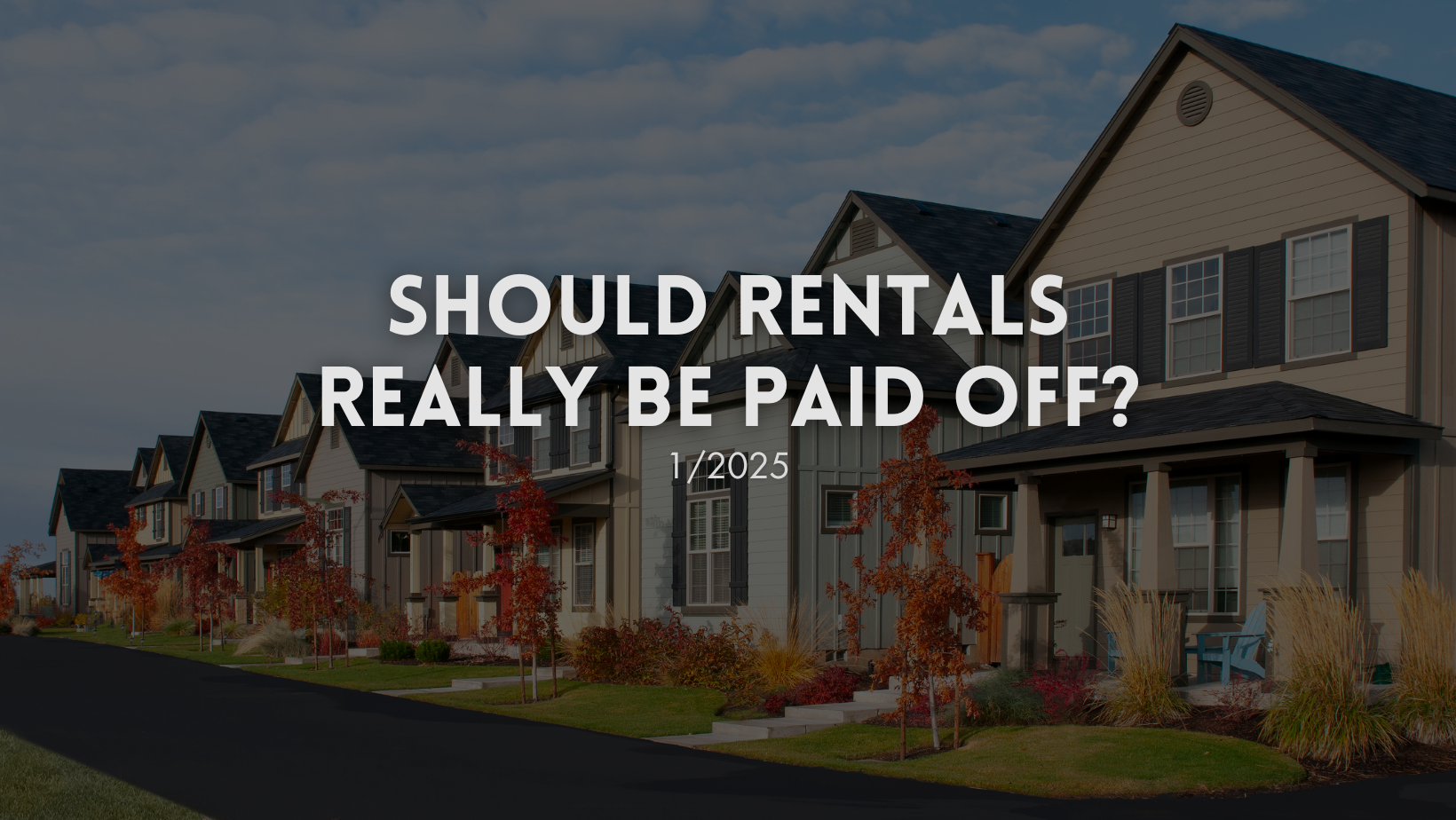In real estate investing, one of the biggest debates is whether to pay off properties completely or use debt to expand your portfolio. Episode 505 of the Real Estate Rookie podcast dives into this topic, breaking down the pros and cons for both conservative investors and those focused on rapid growth.
Why Some Investors Choose to Be Debt-Free
Paying off rental properties is a strategy that aligns with financial security and peace of mind. Here’s why many cautious investors prefer this approach:
- Consistent Cash Flow and Less Stress: Owning a property outright eliminates monthly mortgage payments. This can be especially comforting during times of economic uncertainty, like job losses or market downturns.
- Reduced Financial Risk: Without loans, you avoid issues like rising interest rates or being stuck with a property worth less than the mortgage.
- Simpler Management: With fewer expenses tied to the property, you have more freedom in decision-making. For instance, you can afford to hold onto a vacant property longer without stressing about covering a loan payment.
On the podcast, co-host Ashley Kehr shared how paying off some of her properties gave her financial flexibility and peace of mind. She mentioned that having at least one debt-free property allowed her to use creative financing options or sell for cash when emergencies arose.
I personally would not be in favor of paying down a 2.75-4% interest rate loan, but I am a fan of paid off properties. They provide real cash flow and follow monetary principles scattered throughout the Bible such as in Romans 13:8, “Owe no one anything, except to love each other, for the one who loves another has fulfilled the law.” What’s interesting is that most people just want to own a few properties as a retirement plan. Two paid off houses in Tampa today could easily be worth a combined 800k and cash flow $1900/mo after all reserves and expenses. Those numbers don’t look the greatest if we compare to other options (especially Bitcoin), but if that investor bought those houses 10 years ago, they’d have doubled their asset value and cash flow.
Also, you just don’t have as much risk or headaches that suck your time away when you have fewer properties that cash flow more. When you start updating your house’s capex items (roof, plumbing, windows) or discover a foundation issue, you’ll fully understand what I mean.
Why Other Investors Favor Leverage
Leverage is a powerful tool that helps solo real estate investors grow their portfolios faster by using borrowed money to purchase properties. Co-host Tony Robinson of the Real Estate Rookie podcast argued that borrowing at low-interest rates—sometimes as low as 2.6%—can lead to higher overall returns. However, rates that low often come with strings attached in today’s market. For most solo investors, though, leverage is often the only way to break into real estate or expand quickly, as smaller down payments make it possible to spread capital across multiple properties. This strategy allows investors to enter the market sooner, benefit from rising property values, and earn higher returns on their initial investments. Locking in a fixed mortgage rate also means that as inflation drives rents up, mortgage payments stay the same, improving cash flow over time.
That said, managing a debt-financed portfolio takes discipline and strong financial oversight. Overleveraging can strain cash flow, especially during vacancies or market corrections. Rising interest rates and falling property values can also hurt investors who have too much debt. Even cautious investors can benefit from some leverage if used responsibly, with many opting to maintain a loan-to-value (LTV) ratio of 50% or less to balance risk and growth. Having an emergency fund for repairs and vacancies is also crucial to avoid financial strain. When used wisely, leverage can be a key driver in building long-term wealth, but it requires a careful strategy to avoid the pitfalls of debt.
Finding the Right Balance
Whether you choose to pay off your properties or use debt to expand depends on your long-term financial goals. Conservative investors often prioritize debt-free ownership for stability, while others aim for faster wealth building through strategic borrowing. The key is running the numbers and sticking to an approach that aligns with your financial philosophy. I think leverage is important in the beginning when you have more time and less money and transition to debt-free to reduce risk.
For more insights, check out the full episode on BiggerPockets.



